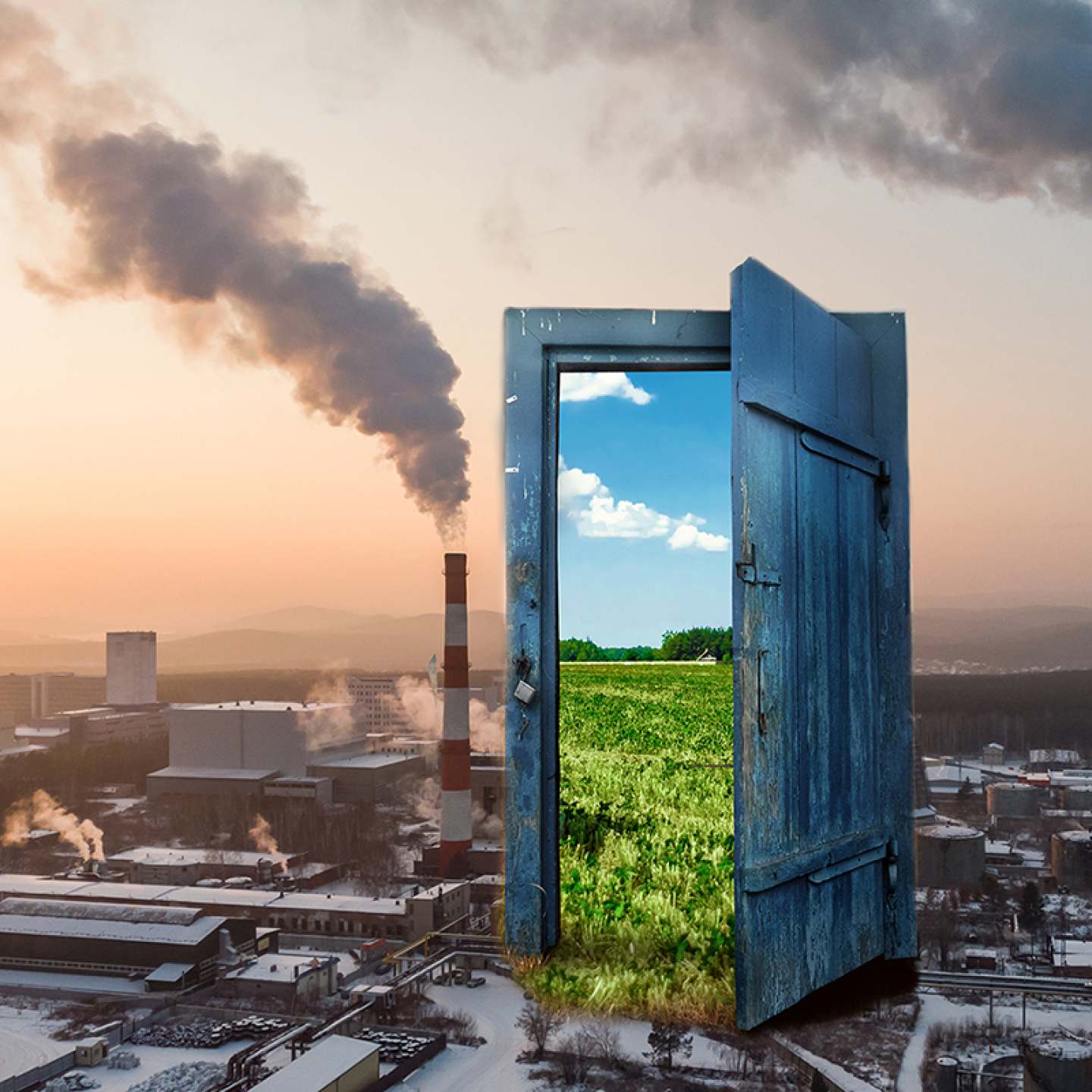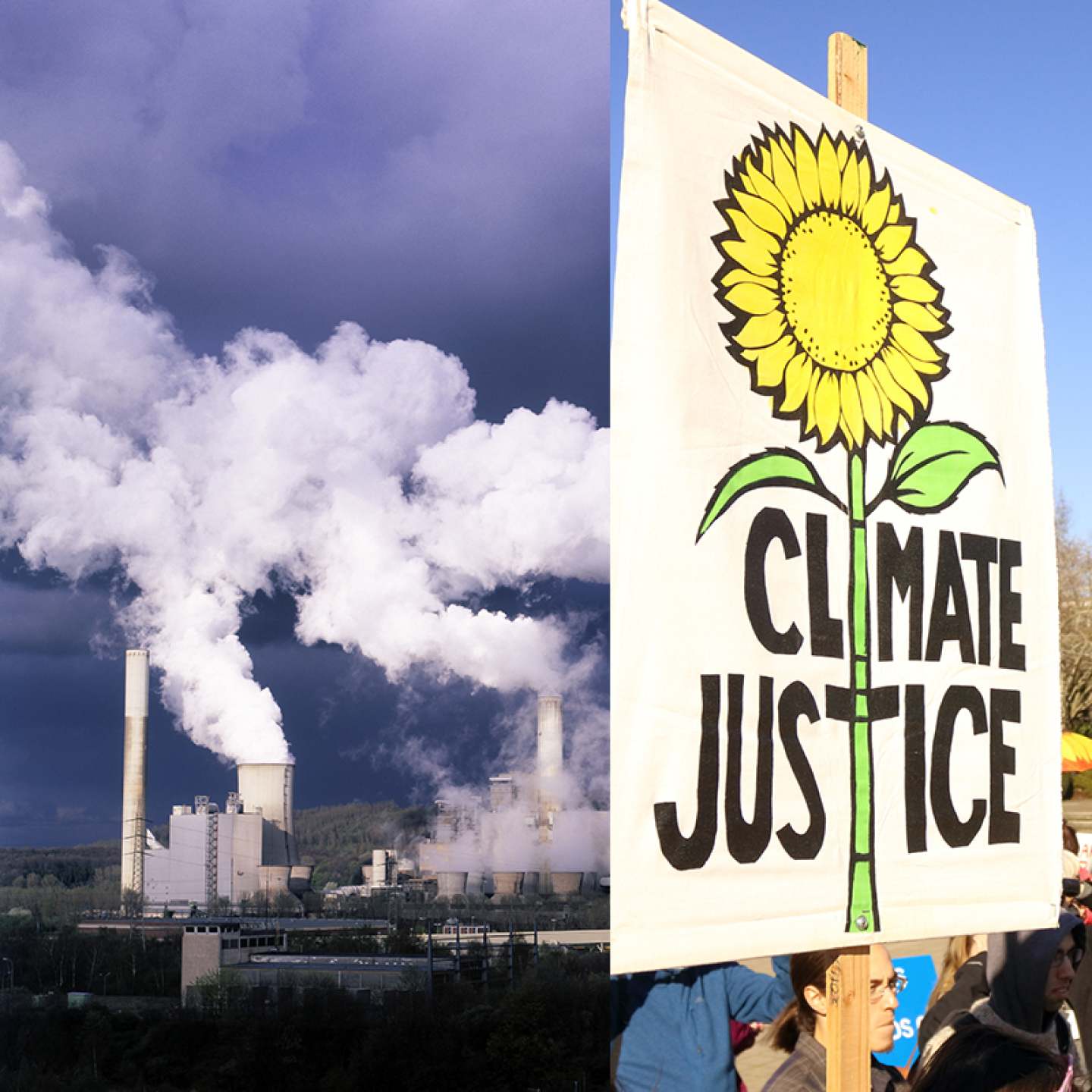Did you hear the BIG news? On December 16th, 2021, the Oregon Environmental Quality Commission voted 3-1 in favor of establishing the Department of Environmental Quality’s new Climate Protection Program to reduce greenhouse gas emissions from fossil fuels used in Oregon. Beginning in 2022, this program will help secure a healthy climate future, invest in frontline communities, and hold corporate polluters accountable. And while the final program may not be perfect, it sets in motion a massive statewide effort to reduce emissions from the use of transportation fuels and natural gas utilities. The outcome is transitioning Oregon off of fossil fuels and setting an example for other states to follow.
Here are some key highlights from the new program:
Powerful Public Engagement
A whopping 7,600 comments on the Climate Protection Program (CPP) rules were sent to the Department of Environmental Quality (DEQ), exceeding typical comment period totals by thousands. Noting the severity and urgency of the climate emergency we face, over 70% of these comments were in support of adopting strong outcomes for climate, equity, and the environment without delay.
In response to the tsunami of public comments, the CPP rules were strengthened in the following ways:
Calling for Carbon Sequestration
Also, Beyond Toxics took a strong, loud stance to push Oregon to invest in carbon sequestration! In order to truly mitigate and adapt to the impacts of climate change, we know that pulling down atmospheric carbon and storing it in our soils, trees and vegetation, and waters must be prioritized alongside efforts to ratchet back greenhouse gas emissions. This will not only benefit our climate but also result in better soil health, water availability, and air quality.
During the Environmental Quality Commission's (EQC’s) vote to approve the Climate Protection Program, carbon sequestration took the main stage once again. As a result, the Department of Environmental Quality is going to coordinate with the Oregon Global Warming Commission to discuss opportunities to support carbon sequestration in Oregon’s forests, agricultural lands, and wetlands moving forward.
We expect this important discussion to continue at the EQC’s next meeting in early February.
Grit and Gratitude
Public participation throughout the rulemaking process played a major role in improving the final program. Your written comments as well as your presence and voices at public hearings were critical to strengthening the initial rule package developed by DEQ staff. EQC commissioners heard you. You helped make a difference!
As I reflect upon the past year, I find so many reasons to be hopeful. In doing this work, I find great resolve to keep advocating for meaningful climate action. The Climate Protection Program shows how truly powerful public involvement can be to achieve a stable and just climate future. Thank you for contributing to these outcomes.
And while we celebrate this significant progress for the state, we know our work is not done.
One large omission from regulation by the Climate Protection Program is power plants that burn fossil fuels in Oregon and export electricity to other states--that must be fixed! Continued diligent monitoring and engagement will be required to ensure that this program delivers the promised reductions in climate pollution and investments in environmental justice communities.
Our game plan is to continue our efforts to support and encourage public engagement. We must build upon our success to convince state agencies to go farther, think bigger, act faster and adopt the strongest policies.
~ Grace Brahler,
Oregon Climate Action Plan & Policy Manager for Beyond Toxics






